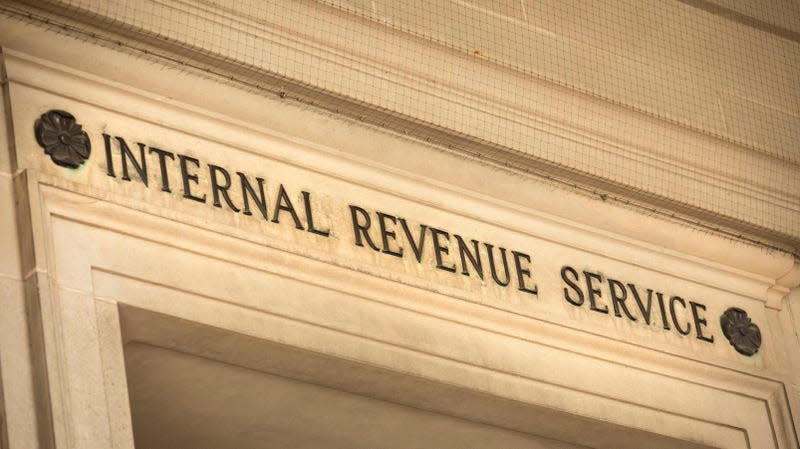The IRS Wants You to Go Paperless Next Tax Season

Gone are the days of collecting pay stubs, receipts, and government forms...hopefully. For the first time, the IRS will give taxpayers the option to go paperless for the 2024 tax season ahead of a more widespread digitization effort for the 2025 season.
The IRS announced the plan in a press release yesterday with the hopes that a push toward digital can cut processing time in half. With resources from the Inflation Reduction Act, starting with the 2024 tax season, taxpayers will have the option to go paperless directly through the IRS. The IRS says that filers will be able to submit all correspondence, non-tax forms, and responses to notices, 20 different tax forms, and 20 of the most common non-tax forms.
Read more
In 2025, the IRS will begin a more aggressive digital push, with 150 more non-tax forms going digital in both desktop and mobile formats. The service also says that they will digitally process all returns that tax returns are filed by paper and mailed in, while half of the paper-submitted correspondence, non-tax forms, and notice responses will be handled digitally. The IRS says it receives 76 million paper tax returns and related forms annually, while also handling 125 million pieces of correspondence and non-tax forms.
“Digitization has far-reaching implications for improving IRS service. Digitizing paper returns will eliminate errors that result from manually inputting data from paper returns, which will speed up processing, reduce storage costs, and allow IRS to focus more resources on customer service,” the IRS wrote in the release.
Like most things with the American government, however, the road very well may be bumpy and rife with hiccups. Last year, the IRS announced plans to install a biometric security check option via face recognition to allow filers to access their filing data more securely. After well-deserved backlash from the public and privacy experts, the service eventually walked back that decision just a few weeks later. At the same time, Americans famously have poor Internet coverage, which could throw a wrench in the already complicated filing process for millions of citizens across the country.
More from Gizmodo
Sign up for Gizmodo's Newsletter. For the latest news, Facebook, Twitter and Instagram.

